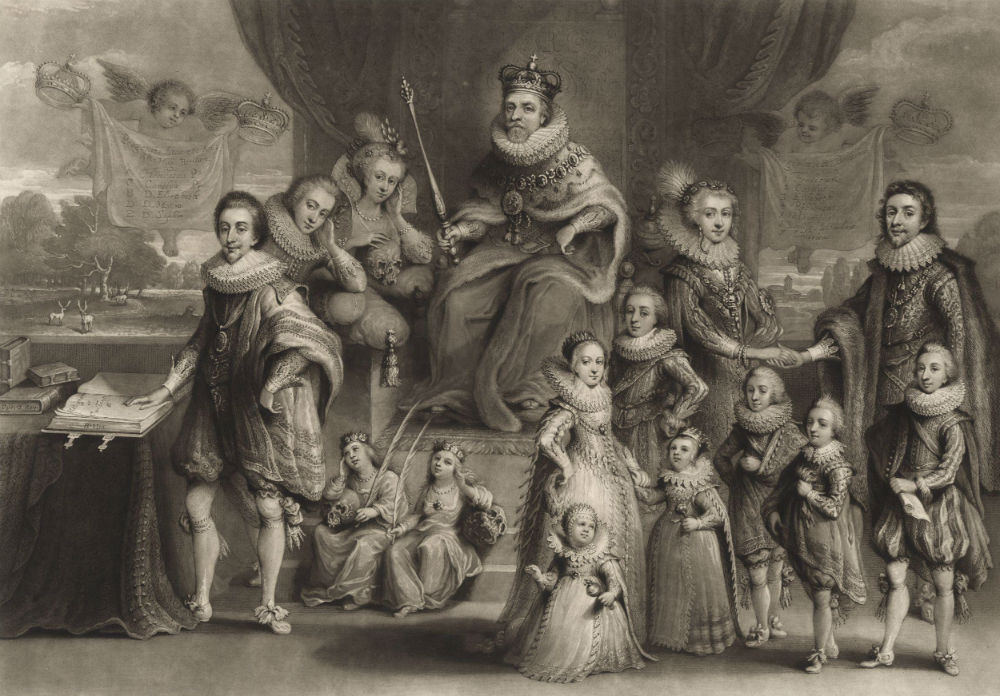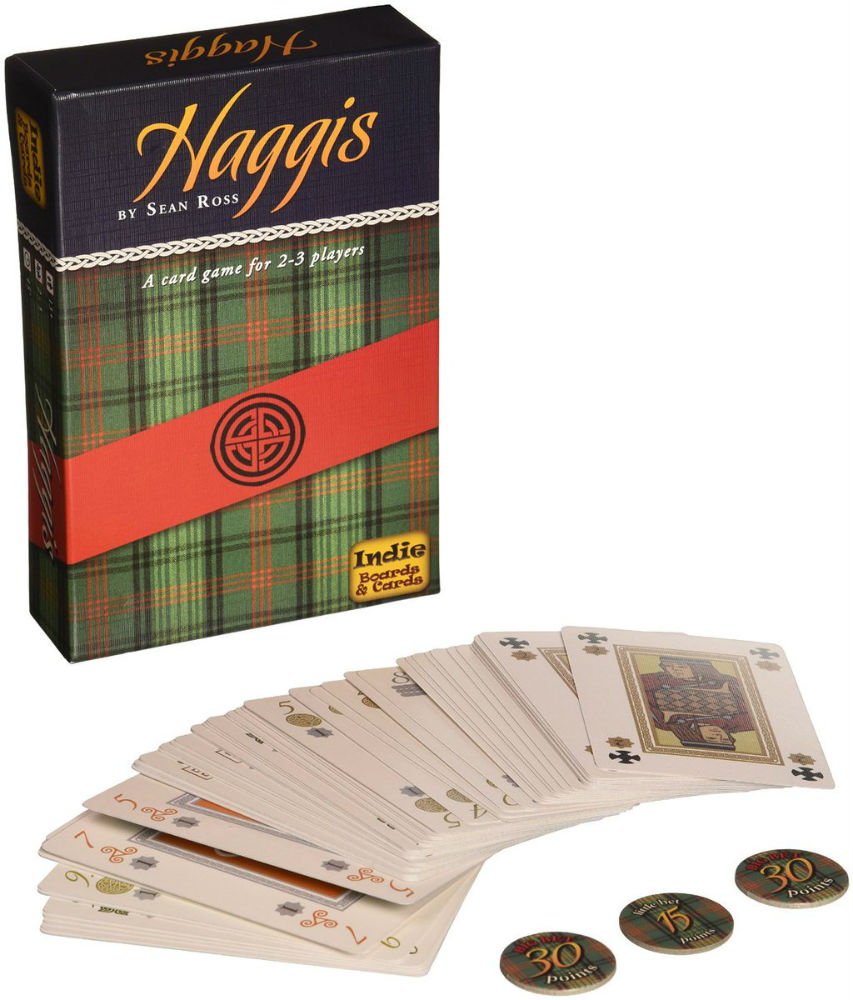For centuries card games have proven to be a popular pastime in Scotland, whether they’re played in pubs or casinos, at the table amongst friends and family in humble Highland homes, or within more lavish regal surroundings between nobles who vie for popularity and status. There are also many games which have their roots firmly grounded in Scottish life, as we take a look at those which have originated or evolved here, throughout the generations.
Games of nobles and working classes
Laying claim to being amongst the oldest card games to have originated in Scotland is Maw, which according to a Facebook post by MacGregor Historic Games, dates as far back as the 16th century and is thought to have been very popular within the noble Scottish Court. It is even suggested that Mary Queen of Scots introduced the game to nobles of the English court, with the game becoming very much the in-vogue card game amongst nobility during the reign of King James I, following his accession to the throne of England in 1603, whilst he also reigned as King James VI of Scotland.
Quite a complicated game to understand, Maw has similarities to cribbage, with the aim being to win three of the five available trick cards, or if that’s not possible, to prevent opponents from doing so. Certainly, a game requiring careful strategy and perhaps also, good judgement of one’s opponents when playing, especially when considering the strongest rivals.

Interestingly, in the 1848 publication of Facts and Speculations on the Origin of History of Playing Cards, the author suggests of King James I: “His Majesty appears to have played cards as he played with affairs of State – in an indolent manner, requiring in both cases someone to hold his cards, if not to prompt him what to play.” This would seem to hint the British monarch neither being particularly strategic, nor entirely in control of the court of nobles around him.
In more modern times, another similar trick-taking card game called Bela was discovered being played in pubs in central Scotland during the 1980’s. It was also said to be popular within the Highland mining communities and in prisons, with information about the rules of Bela at at Pagat.com detailing the game being played with the 2-6 cards removed and using a deck of thirty-two cards, while a unique four-handed variant called ‘Barlinnie Rules’ is also mentioned.
Creative card games in Scottish culture
Amongst the seemingly endless variations of solitaire, from the basic one-deck option, collecting cards to complete each suit, to versions using multiple decks, King of Scotland is described by Solsuite Solitaire as quite a difficult single-player card game. Indeed, while the aim remains building up suits from ace through to king, the chances of successfully winning are said to be just one in five. Undoubtedly, one of the trickiest solitaire games amongst their online collection.
While many of us will be more than familiar with popular card games such as the various forms of poker, or the ever-so-simple aims of reaching 21 in blackjack as explained by Betway, other card games can sometimes be a little more complicated. For example, French game Trent et Quarante can confuse by using six packs of fifty-two cards in play, while the rules of baccarat or punto banco can frequently be difficult to grasp – even if Scotland’s own Sean Connery made it look easy as James Bond.

IMAGE SOURCE: @Tabletop_Deals via Twitter
Very much with strategic gameplay in mind, games designer Sean Ross tipped more than a passing nod to his Scottish heritage by publishing his novel card game, Haggis, but also alluded to the “guts” of a complex game he’d spent several years developing, influenced by some of the diverse scoring and play mechanisms of other card games around the world. This novel new card game earned Ross a nomination for the 2010 Golden Geek Award for best card game at BoardGameGeek.
Although the card games already mentioned are usually based around a standard deck of traditional playing cards, others have been entirely more creative with new imagery, styling and gameplay, focusing on Scottish heritage and history. Lords of Scotland by Z-Man Games has players battling to lay claim to the throne of Scotland, with each round considered a skirmish between clans, aiming to beat the others to win the crown by recruiting the strongest warriors from rival clans, mustering forces for confrontations over seven rounds.
What all of these different card games most certainly show is that there continues to be an endearing affection amongst Scots for card games, whether they’re games of chance or ones which require much deeper thought and careful strategies in order to emerge victorious.

